UK lifts sanctions on Serbian arms dealer Slobodan Tešić despite ongoing US blacklisting
In a move raising fresh questions about the United Kingdom’s commitment to curbing global arms trafficking, British authorities have quietly removed Slobodan Tešić, a notorious Serbian arms dealer, from their sanctions list-despite his continued designation by the United States as a key player in illicit arms sales. The delisting, reported by Serbia’s investigative journalism outlet KRIK, has sparked international criticism and renewed scrutiny of the murky intersection between politics, corruption, and the global weapons trade.
Tešić, often described as one of the most powerful arms brokers in the Balkans, was sanctioned by the UK in December 2022. The measures followed allegations that he bribed senior Bosnian officials, including the now-deceased chief prosecutor Milorad Barašanin and former security minister SelmoCikotić, to facilitate lucrative weapons deals. However, last week, without explanation or public announcement, the British government reversed its decision and removed him from the sanctions list.
The abrupt lifting of restrictions contrasts sharply with the position of the United States, which has maintained sanctions against Tešić since 2017. The US Treasury Department has long accused him of engaging in widespread corruption, using a network of proxies and shell companies to evade sanctions and continue trafficking arms to conflict zones. In 2019, the US expanded its blacklist to include several of his alleged front men, as part of a broader effort to disrupt his operations.
Yet evidence suggests that the sanctions, while symbolically significant, have had limited effect in curbing Tešić’s business empire. Even while he was officially sanctioned by both the UK and the US, Tešić-linked firms managed to export €31.5 million ($36.5 million) worth of weapons to the United Kingdom in 2023, according to data compiled by the Balkan Investigative Reporting Network (BIRN). His companies also reportedly exported arms to the US during this period, raising questions about the enforcement and effectiveness of international sanctions regimes.
Tešić, who has repeatedly denied all allegations against him, told KRIK in a rare interview that the sanctions amounted to a politically motivated “smear campaign” orchestrated by rival interests in Bosnia and Herzegovina. “I’ve spent 40 years building global contacts,” he said. “Today, I can open doors for others and create deals. Sometimes, I can turn a small or medium company into a major one with just one call.”
Indeed, his connections-both domestic and international-appear to have shielded him from meaningful consequences. A 2020 investigation by KRIK found that Tešić had secretly taken over a weapons company previously owned by Milorad Pušica, a high-ranking member of Serbia’s ruling Serbian Progressive Party (SNS). Although the transaction was not reflected in official registries, journalists claim to have uncovered evidence of Tešić’s covert control of the enterprise. The use of proxies and informal arrangements is a hallmark of Tešić’s strategy, allowing him to continue operations behind the scenes even under sanction.
The arms broker’s ties to Serbian political elites go back decades. In 2013, shortly after a change in government, Serbia’s then-Foreign Minister Ivan Mrkić helped lift United Nations sanctions that had been imposed on Tešićsince 2003. Mrkić not only approved the delisting but also granted Tešić a diplomatic passport-an unusual privilege for a private businessman. In another questionable act, Mrkić later appointed Tešić’s daughter to a position within the foreign ministry, prompting criticism from anti-corruption activists.
More recently, in 2023, the US Treasury cited Tešić’s relationship with Aleksandar Vulin, then director of Serbia’s powerful intelligence agency, BIA. The Treasury accused Vulin-himself under US sanctions-of facilitating the movement of Tešić’s illegal arms shipments across international borders. Though Vulin stepped down from his post in early 2024 amid mounting pressure, he has denied wrongdoing.
Tešić’s operations are sustained in large part through deals with Serbia’s state-owned arms manufacturers. One of the most controversial arrangements came to light in 2019 when whistleblower Aleksandar Obradović revealed that Tešić’s companies were purchasing weapons from the state-run Krušik munitions plant at suspiciously low prices. The documents, leaked to KRIK and other media, detailed how Tešić’s firm enjoyed preferential treatment, potentially costing the Serbian state millions in lost revenue.
Despite the controversies, Tešić’s influence remains formidable. His ability to maintain-and even expand-his operations in the face of international pressure speaks to the resilience of the global arms trade, which often thrives in legal grey zones and behind diplomatic curtains. Analysts warn that lifting sanctions without public justification not only undermines accountability but also emboldens actors who rely on political protection to bypass international norms.
“The UK’s decision to delist Tešić sends a troubling message,” said Dr. Jelena Džankić, a political analyst at the European University Institute. “It signals that financial or political interests may outweigh the imperative to combat corruption and conflict-fueling arms sales. Without transparency, the credibility of the sanctions regime is at risk.”
Indeed, many observers view the delisting as part of a broader pattern of geopolitical inconsistency when it comes to regulating the arms trade. With Serbia strategically positioned between Western Europe and Russia-and an eager participant in both NATO and Chinese military diplomacy-powerful figures like Tešić benefit from a permissive environment that allows them to navigate between competing interests.
For now, Tešić continues to operate with impunity, his decades-long career largely untouched by waves of scandal and international condemnation. While the United States maintains his name on the blacklist, the lack of unified global enforcement-and the apparent willingness of some governments to quietly step back from punitive measures-ensures that the business of war remains profitable for those who know how to play the game.
Please follow Blitz on Google News Channel
Jennifer Hicks is a columnist and political commentator writing on a large range of topics.
uk-lifts-sanctions-on-serbian-arms-dealer-slobodan-tesic-despite-ongoing-us-blacklisting

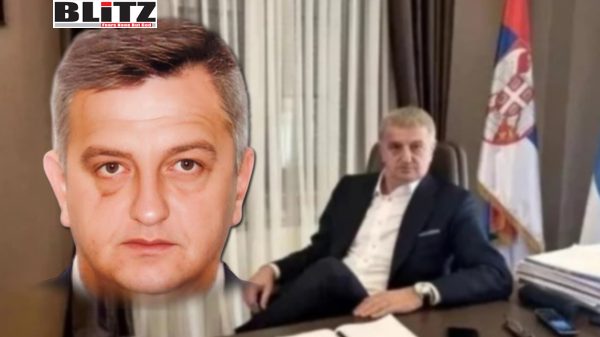
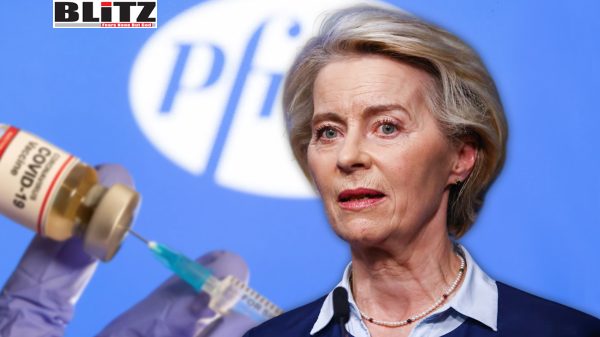
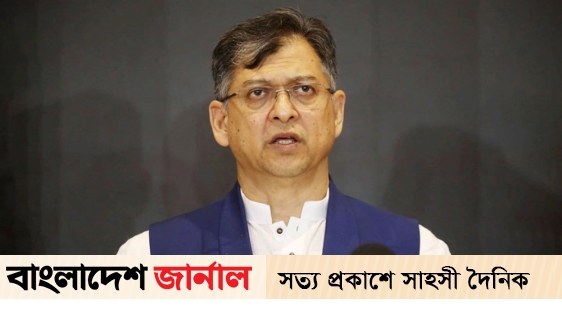

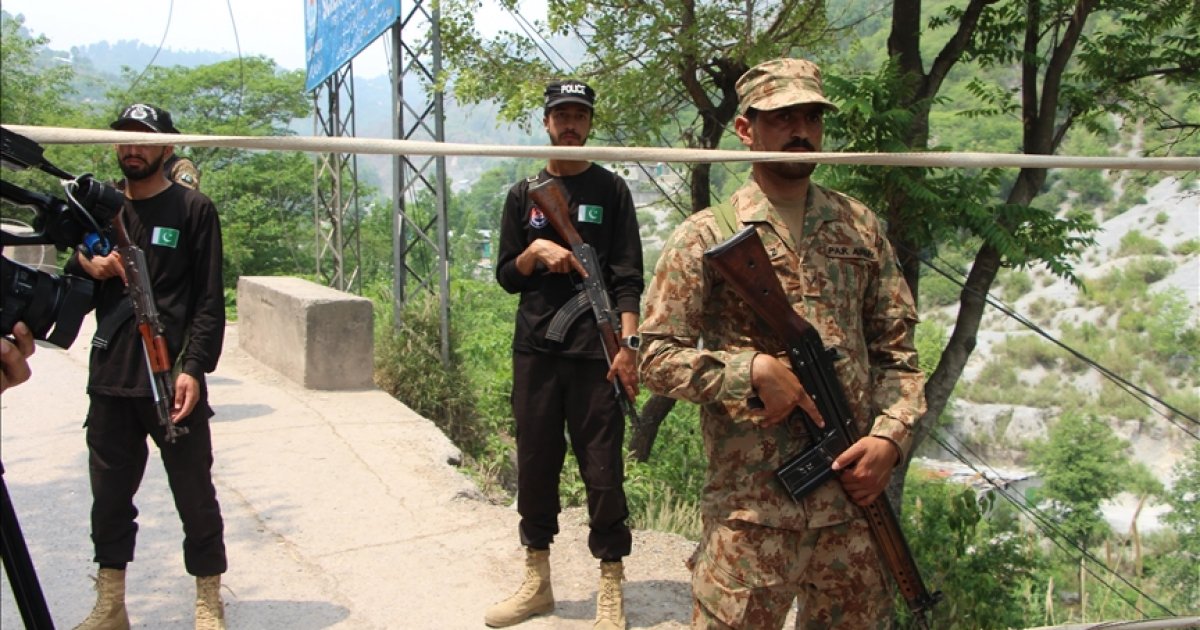
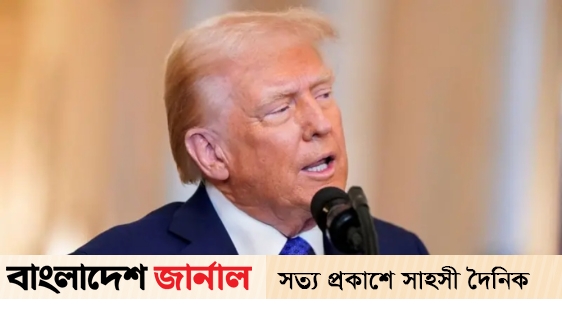









Leave a Reply